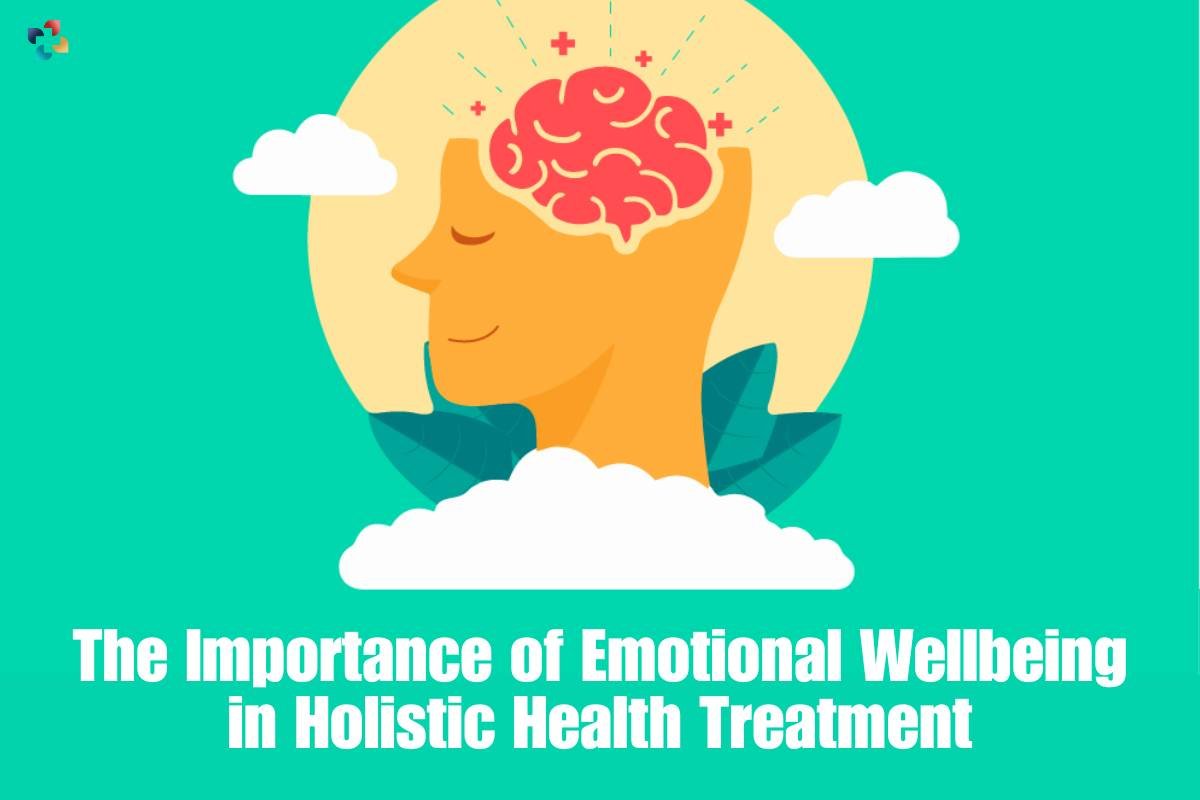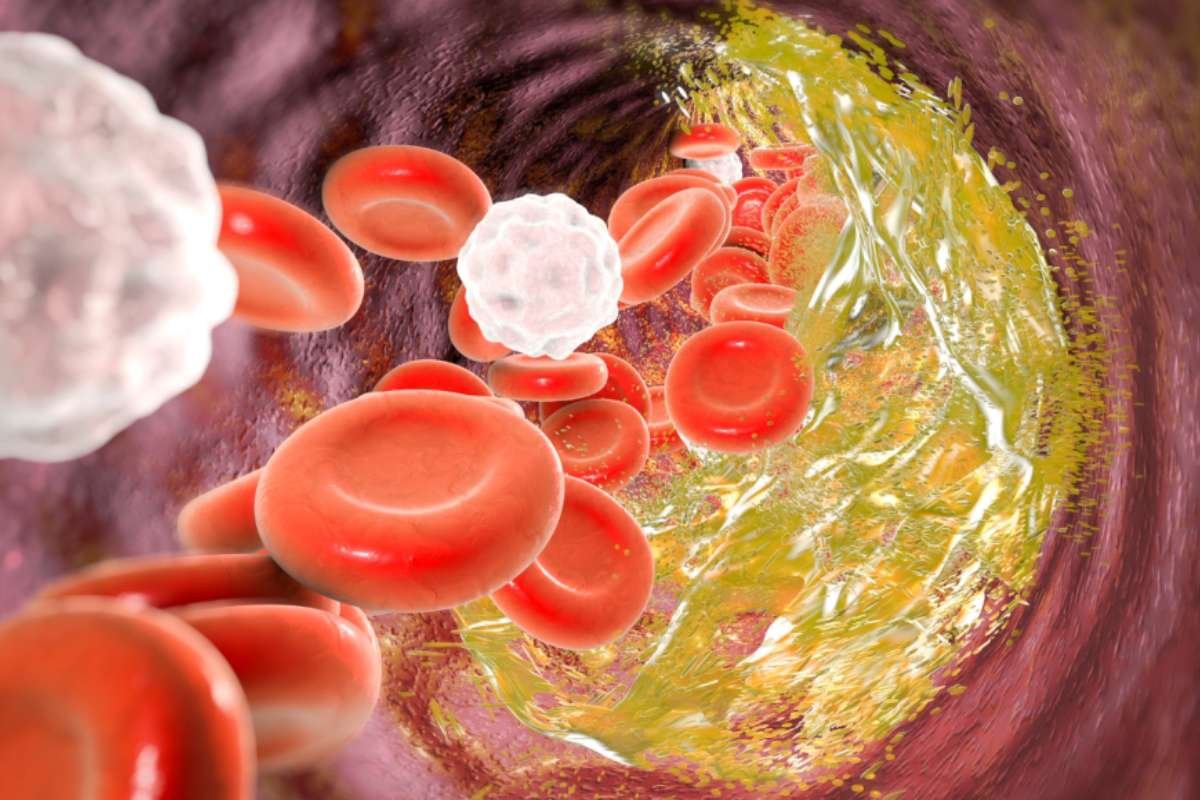Holistic health treatment emphasizes the interconnectedness of the mind, body, and spirit, and recognizes that each aspect plays a critical role in overall health and well-being. Emotional wellbeing is a key component of this approach, as it affects not only mental health but also physical health and overall quality of life. In this article, we will explore the importance of emotional wellbeing in holistic health treatment and the strategies that can be used to improve it.
What is Emotional Well-being?
Emotional Wellbeing in Holistic Health Treatment refers to an individual’s ability to manage their emotions and navigate the ups and downs of life with resilience and a sense of balance. It involves being aware of one’s emotions, expressing them in healthy ways, and maintaining a positive outlook on life. Emotional wellbeing is not the absence of negative emotions, but rather the ability to manage them in a healthy way.
Why is Emotional Wellbeing Important?
Emotional wellbeing is critical to overall health and wellbeing because it affects many aspects of our lives. When we are emotionally healthy, we are better able to cope with stress, form positive relationships with others, and enjoy a higher quality of life. Conversely, when our emotional wellbeing is compromised, it can lead to a range of physical and mental health problems, including anxiety, depression, and chronic stress.
Holistic Health Treatment and Emotional Wellbeing
Holistic health treatment recognizes the importance of emotional wellbeing and incorporates strategies to promote it. This approach views emotional health as an integral part of overall health and wellbeing, and recognizes that treating the whole person is necessary for optimal health outcomes.
Here are some ways that help to improve Emotional Wellbeing in Holistic Health Treatment:
1. Mind-Body Practices
Holistic health treatment often includes mind-body practices, such as meditation, yoga, and tai chi, which can help to reduce stress, promote relaxation, and improve Emotional Wellbeing in Holistic Health Treatment. These practices are based on the idea that the mind and body are interconnected, and that emotional health is influenced by physical health and vice versa.

For example, practicing yoga has been shown to reduce stress and anxiety, improve mood, and enhance overall wellbeing. Similarly, meditation has been shown to improve emotional regulation, reduce symptoms of depression and anxiety, and improve overall quality of life.
2. Nutrition
Nutrition is another important aspect of holistic health treatment that can help to improve Emotional Wellbeing in Holistic Health Treatment. A healthy diet that is rich in fruits, vegetables, whole grains, and lean protein can provide the body with the nutrients it needs to function optimally, which can in turn improve mood and reduce symptoms of anxiety and depression.
On the other hand, a poor diet that is high in processed foods, sugar, and unhealthy fats can contribute to inflammation in the body, which has been linked to a range of mental health problems, including depression and anxiety.
3. Emotional Support
Emotional support is also a key aspect of holistic health treatment. This can include individual therapy, group therapy, or support groups, which can provide a safe and supportive environment for individuals to work through emotional challenges and develop coping skills.
Therapy can help individuals to develop a better understanding of their emotions, identify negative thought patterns, and develop strategies for managing stress and anxiety. Support groups can also provide a sense of community and connection, which can be especially important for individuals who are struggling with emotional challenges.
4. Exercise
Exercise is another important aspect of holistic health treatment that can improve emotional wellbeing. Regular physical activity has been shown to reduce symptoms of depression and anxiety, improve mood, and increase overall wellbeing.
Exercise is believed to have a positive effect on the brain, promoting the release of endorphins, which are natural chemicals that help to reduce stress and improve mood. Exercise can also help individuals to develop a sense of accomplishment and self-confidence, which can further enhance emotional wellbeing.
5. Mindfulness
Mindfulness is another strategy that can be used to improve emotional wellbeing in holistic health treatment. Mindfulness involves paying attention to the present moment in a non-judgmental way and has been shown to reduce symptoms of anxiety and depression, improve mood, and enhance overall wellbeing.
Practicing mindfulness can help individuals to develop a greater sense of self-awareness, which can improve emotional regulation and reduce negative thought patterns. Mindfulness can also help individuals to develop a greater sense of compassion for themselves and others, which can promote positive relationships and enhance overall wellbeing.
6. Sleep

Finally, sleep is another important aspect of holistic health treatment that can improve emotional wellbeing. Getting enough sleep is critical for overall health and wellbeing, and can improve mood, reduce symptoms of anxiety and depression, and enhance cognitive function.
Sleep deprivation, on the other hand, has been linked to a range of negative health outcomes, including poor mental health, reduced cognitive function, and increased risk of chronic diseases.
Strategies for Improving Emotional Wellbeing in Holistic Health Treatment
1. Practice Self-Care
Self-care is an important aspect of emotional wellbeing, as it involves taking time to prioritize one’s own needs and well-being. This can include activities like taking a bath, reading a book, or spending time in nature. Self-care is important for reducing stress and promoting relaxation, which can improve emotional wellbeing. It can also help individuals to develop a greater sense of self-compassion, which is critical for overall wellbeing.
2. Practice Gratitude
Practicing gratitude involves focusing on the positive aspects of one’s life and expressing gratitude for them. This can help individuals to develop a more positive outlook on life and can improve Emotional Wellbeing in Holistic Health Treatment. Gratitude can be practiced in many ways, including journaling, expressing gratitude to others, or simply taking a few moments each day to reflect on the positive aspects of one’s life.
3. Develop Positive Relationships
Positive relationships are critical for emotional wellbeing, as they provide a sense of connection and support. Developing positive relationships can involve spending time with loved ones, joining a social group, or volunteering in the community.
Positive relationships can provide a sense of purpose and belonging, which can improve Emotional Wellbeing in Holistic Health Treatment. They can also provide a source of emotional support during difficult times.
4. Develop Coping Skills
Developing coping skills is an important aspect of Emotional Wellbeing in Holistic Health Treatment, as it involves developing strategies for managing stress and other negative emotions. Coping skills can include activities like meditation, deep breathing, or exercise. Coping skills can help individuals to develop a greater sense of self-awareness, which can improve emotional regulation and reduce negative thought patterns. They can also provide a sense of control during difficult times.
5. Seek Professional Help
Finally, seeking professional help is an important strategy for improving emotional wellbeing. This can involve working with a therapist, counselor, or other mental health professional to address emotional challenges and develop coping strategies.

Professional help can provide a safe and supportive environment for individuals to work through emotional challenges and can help individuals to develop a greater sense of self-awareness and self-compassion.
BOTTOM LINE
Emotional Wellbeing in Holistic Health Treatment, and plays an important role in holistic health treatment. Holistic health treatment recognizes the interconnectedness of the mind, body, and spirit, and incorporates strategies to promote emotional wellbeing, such as mind-body practices, nutrition, emotional support, exercise, mindfulness, and sleep.
There are also many strategies that individuals can use to improve their Emotional Wellbeing in Holistic Health Treatment, including practicing self-care, practicing gratitude, developing positive relationships, developing coping skills, and seeking professional help.
By prioritizing emotional wellbeing and incorporating strategies to promote it, individuals can improve their overall







